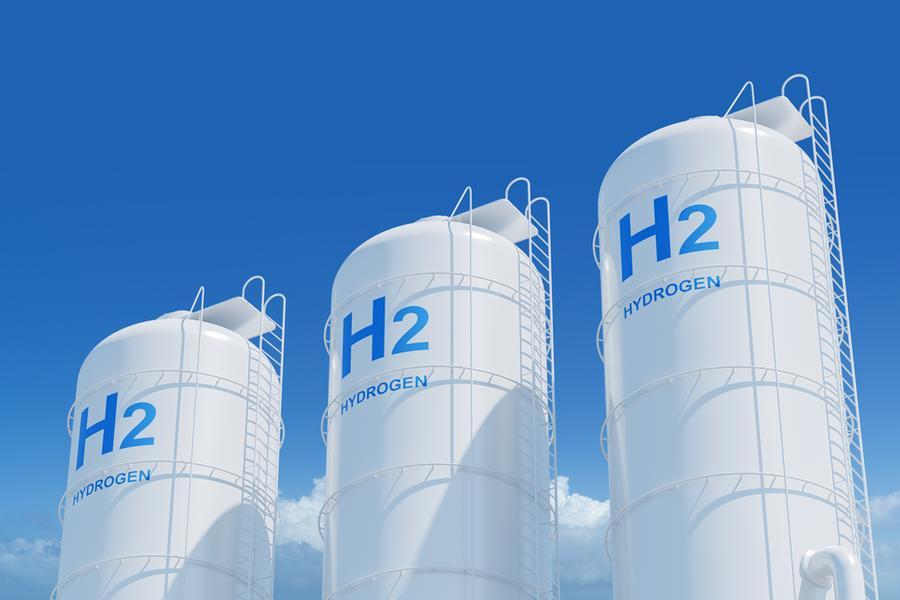Oman and Netherlands Sign Agreements for Liquefied Hydrogen Export
Key Ideas
- The Sultanate of Oman and the Netherlands signed three agreements related to the production and export of liquefied hydrogen.
- The agreements involve developing infrastructure for transporting hydrogen, carbon dioxide, and other products in the Special Economic Zone at Duqm.
- Oman aims to establish a direct export route for liquefied hydrogen to the EU, demonstrating a strategic move towards a green hydrogen-based economy.
- This international cooperation enhances Oman's readiness to lead the hydrogen sector and connect its production capabilities to global markets.
The Sultanate of Oman and the Netherlands have recently signed three significant agreements focusing on the production and export of liquefied hydrogen. The first agreement pertains to liquefied hydrogen production, while the second agreement involves the study of infrastructure development for transporting hydrogen and carbon dioxide through pipelines. The third agreement, with the Dutch company Royal Vopak, aims to develop storage terminals in the Special Economic Zone at Duqm for various products such as crude oil, refined products, chemicals, liquefied petroleum gas, liquefied natural gas, hydrogen, ammonia, and carbon dioxide. This move will establish a corridor for the direct export of liquefied hydrogen from the Port of Duqm to the Port of Amsterdam, and further to logistics centers in Germany, including the Port of Duisburg, for distribution to other European markets. Oman's Minister of Energy and Minerals, Eng. Salim bin Nasser Al Aufi, highlighted that these agreements mark a strategic step for Oman in transitioning towards a green hydrogen-based economy, connecting its production capabilities with global markets and positioning the Sultanate as a leader in the hydrogen sector.
Topics
Blue Hydrogen
Infrastructure
Environment
Energy
Trade
Economic Development
International Cooperation
European Markets
Latest News
